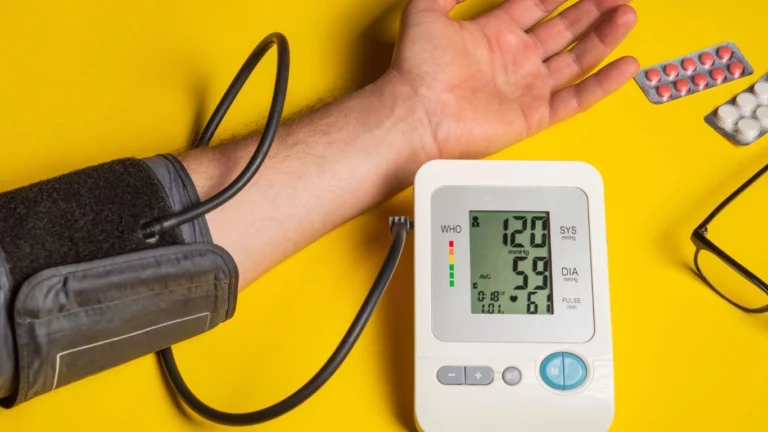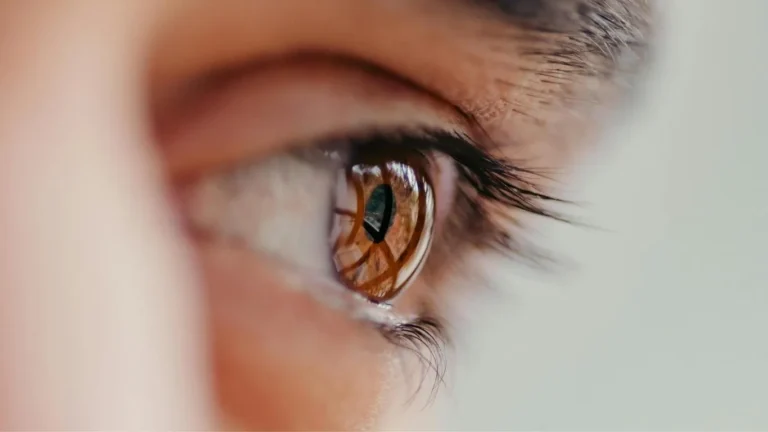Can Asthma Cause Low Energy Levels?
Asthma can definitely cause low energy levels. It’s not just the shortness of breath that gets to you—it’s the constant struggle to manage your symptoms, the side effects of medications, and the impact on sleep. In this article, we’ll break down how asthma can make you feel tired and offer tips on how to combat fatigue.
What’s the Link Between Asthma and Low Energy?
When you have asthma, your airways become inflamed and narrowed, which means less air is able to flow in and out of your lungs. This can cause you to feel short of breath, cough, or wheeze, especially during flare-ups. All of this makes it harder for your body to get the oxygen it needs, which in turn can make you feel fatigued or worn out.
Plus, asthma treatments like inhalers or oral medications can sometimes cause side effects like drowsiness or feeling wiped out. But there’s more to it than just breathing problems. Let’s dig deeper.

How Does Breathing Affect Your Energy?
We often don’t think about it, but breathing is a huge part of how our body gets energy. When we breathe deeply, our lungs take in oxygen, which gets carried through the bloodstream to all our organs and tissues. This oxygen is like fuel for your muscles and brain, keeping you alert and active.
With asthma, if you’re struggling to breathe properly, your oxygen levels drop. This means your body isn’t getting the energy it needs, leading to fatigue. Imagine trying to run a marathon without being able to catch your breath—your body just can’t keep up.
The Role of Asthma Flare-Ups
During asthma flare-ups, your breathing is even more restricted. This increases the strain on your body, making you feel even more tired. And if you’re having flare-ups regularly, you’re likely to feel consistently low on energy, even when you’re not actively struggling to breathe.
The Side Effects of Asthma Medications
Asthma medications, like corticosteroids (used for long-term control) or bronchodilators (used for quick relief), can also play a role in fatigue. Some of these meds can cause side effects like jitteriness, which can mess with your energy, or drowsiness, leaving you feeling sluggish. It’s a balancing act to find the right treatment that helps you breathe easier without making you feel drained.
Can Asthma Impact Your Sleep?
Asthma doesn’t just affect you when you’re awake. If your asthma symptoms are worse at night, you might not get a good night’s sleep. Asthma can make it hard to breathe when you lie down, especially if your airways are extra inflamed. Lack of sleep can easily leave you feeling tired the next day, which only adds to the fatigue caused by your asthma.

Is It All in Your Head?
Sometimes, if you’ve been feeling low energy for a while, it might feel like asthma is the only culprit. But remember, being constantly short of breath and not sleeping well can really take a toll on your mental health too. Anxiety, depression, and stress can make asthma symptoms worse and create a vicious cycle where you’re too tired to deal with everything. It’s important to address both the physical and emotional sides of asthma to get your energy back up.
Tips to Manage Low Energy Levels with Asthma
1. Control Your Asthma
The better you control your asthma, the less likely you are to experience low energy. Stick to your treatment plan and take your medications as prescribed. Keeping your asthma under control means fewer flare-ups, which can help you feel more energized.
2. Stay Active (but Listen to Your Body)
Exercise is great for boosting energy, but if you have asthma, it’s important to be mindful of how your body reacts. Low-impact activities like walking or swimming can help improve lung function without making you too winded. Just be sure to carry your inhaler with you!
3. Get Enough Sleep
Asthma can mess with your sleep, but getting good quality rest is key to feeling energized during the day. If your asthma symptoms keep you up at night, talk to your doctor about adjusting your treatment plan.
4. Manage Stress
Stress can worsen asthma symptoms and increase feelings of fatigue. Techniques like yoga, meditation, or simply taking time to relax can help lower stress levels, giving you more energy.
5. Stay Hydrated
Dehydration can make fatigue worse. Drink plenty of water to keep your body and lungs functioning properly.
When to Talk to Your Doctor
If you’re feeling unusually tired and suspect asthma could be the cause, or if your energy levels have been consistently low despite doing everything right, it’s worth having a chat with your doctor. Sometimes, asthma can be under-treated, or you might need a medication adjustment to help manage symptoms and boost your energy.
Also, it’s a good idea to let your doctor know if your asthma is interfering with sleep or day-to-day activities. If you’re feeling out of breath all the time or having a hard time keeping up with regular tasks, they might need to re-evaluate your treatment plan.
Conclusion
So yeah, asthma can definitely cause low energy levels. Between the challenges of managing your symptoms, medications, and the impact on sleep, it’s no wonder that fatigue often goes hand-in-hand with the condition. But with proper asthma management, staying active, and taking care of your overall health, you can reduce fatigue and feel more energized. Don’t forget, if you ever feel too drained, it’s always a good idea to consult your healthcare provider for the best solutions.

Appendices
References
- American Lung Association. (2023). Managing Asthma and Fatigue. Read Article
- Smith, R., & Jones, T. (2021). Asthma and Fatigue: How They Interact. Read Article
- National Institutes of Health (NIH). (2024). Understanding Asthma and Energy Levels. Read Article
FAQs
- Can asthma cause constant fatigue? Yes, asthma can lead to constant fatigue, especially if it’s not well-managed or if you’re experiencing frequent flare-ups.
- How can asthma affect my sleep? Asthma symptoms often worsen at night, making it difficult to breathe when lying down, which can disrupt your sleep and leave you feeling tired the next day.
- What medications can cause tiredness in asthma? Some asthma medications, like corticosteroids, may cause drowsiness as a side effect, adding to feelings of fatigue.
- Is exercise good for asthma-related fatigue? Yes, regular, low-impact exercise can help improve lung function and boost energy levels, but it’s important to listen to your body and use your inhaler as needed.
- What can I do to feel more energetic with asthma? Proper asthma management, stress reduction, staying hydrated, and getting enough sleep are key strategies for boosting energy levels.
Disclaimer: The information provided in this article is for educational purposes only and does not substitute for professional medical advice. Always consult with your healthcare provider regarding any concerns about your asthma or energy levels.

Bianca Nala is a compassionate Nurse Practitioner with a strong background in primary and respiratory care. As a health writer for Healthusias.com, she combines her clinical expertise with a talent for clear, relatable storytelling to help readers better understand their health. Bianca focuses on topics like asthma, COPD, chronic cough, and overall lung health, aiming to simplify complex medical topics without losing accuracy. Whether she’s treating patients or writing articles, Bianca is driven by a single goal: making quality healthcare knowledge accessible to everyone.







